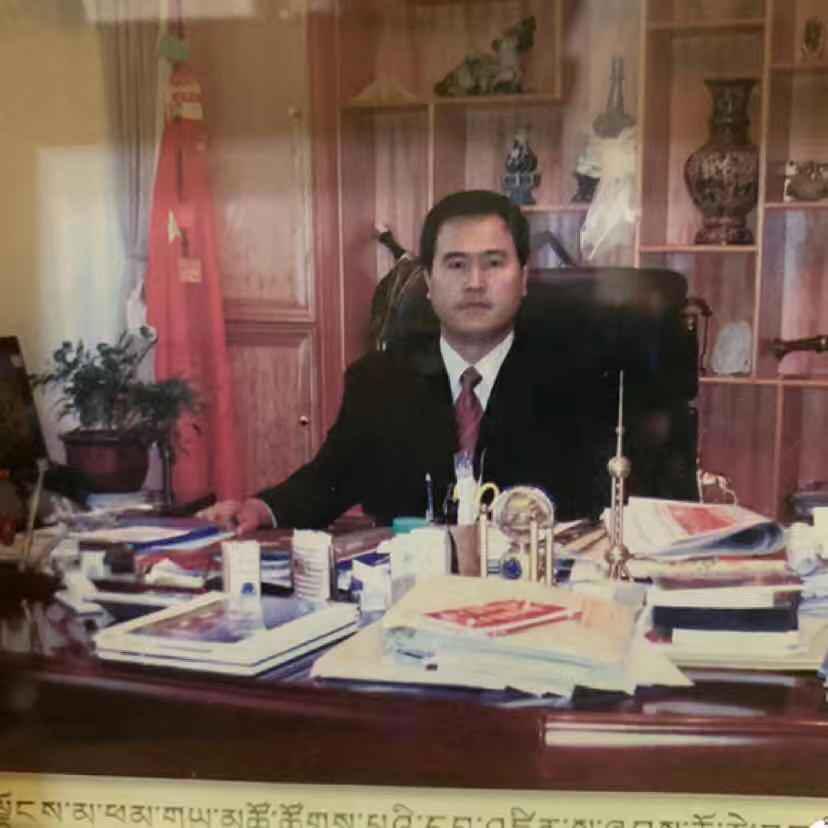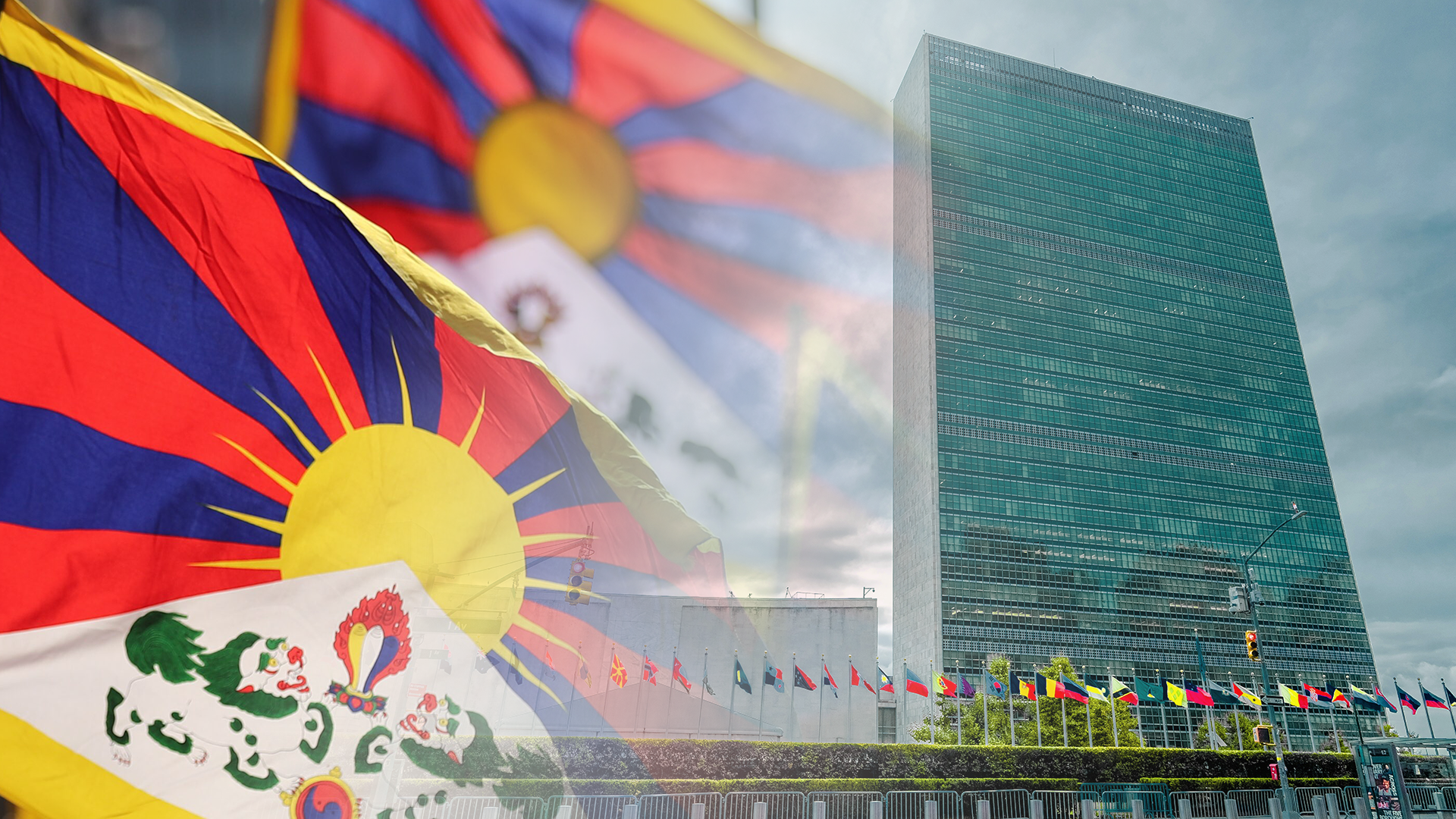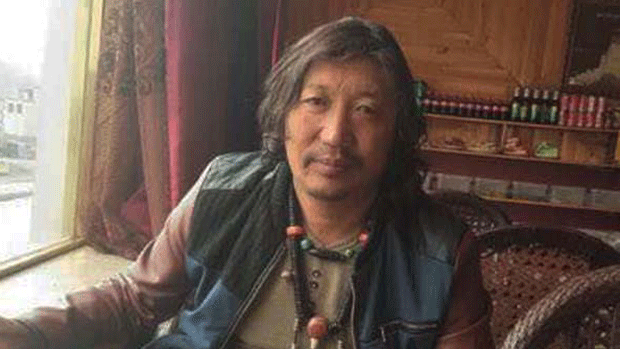
The head of a Tibetan Buddhist monastery is in critical condition in hospital after his imprisonment following peaceful protests against the construction of a major hydropower dam in Derge (Dege), Tibet.
Gonpo Tsering, 45, was tortured in custody so severely that he is now unable to speak or swallow food, faces breathing difficulties, has lost his sight, and suffers from brain injuries, according to Tibetan sources. He is currently in emergency care in a hospital in Chengdu, Sichuan.
Gonpo is the head of Yena Monastery in Shiba Village, an area that has been identified by official sources as being prone to landslide hazards due to the construction of the Kamtok dam in Derge, eastern Tibet. He was jailed after peaceful appeals were revealed in viral footage last year, showing fellow monk abbot Jamyang Lekshay on his knees and with raised thumbs in a humble appeal, imploring local officials to stop dam construction. Jamyang has been handed a four-year prison sentence and is being held currently at Yagnga Prison (གཡག་རྔ་བཙོན་ཁང་།, 雅安监狱) according to Tibet Watch sources.
The two senior monks of Yena Monastery were arrested in February last year together with hundreds of local people protesting against the planned Kamtok (Chinese: Gangtuo) dam in the sacred mountains of Gèndong, threatening the submersion of ancient Buddhist monasteries in the upper reaches of the Drichu or Yangtze river (Chinese: Jinsha). The plans involve the entire population of the area – monks and lay, old and young – being uprooted and displaced in their thousands.
Gonpo Tsering and Jamyang Lekshay were arrested during a paramilitary crackdown after the protests in the Derge area of Kardze (Chinese: Ganzi) in Sichuan (the Tibetan area of Kham) against the construction of the 1.1 million kilowatts hydroelectric dam.
Yena monastery was particularly targeted by officials following the protest, with monks targeted for “focused rectification and re-education”, according to a separate report by Radio Free Asia. The whole area near the river, with nearly 4,000 residents and monks in the villages and monasteries, has been effectively sealed off, according to Tibet Watch and RFA sources. Even ethnic Han Chinese with transit permits are refused travel past police checkposts.
Following the protests in February 2024, Party officials warned Tibetans that the massive hydro project on the upper reaches of the Yangtze – a river that is known downstream as an important cradle of Chinese civilisation – would go ahead regardless, although the situation regarding construction is still unclear. The development reverses an order in 2009 by China’s Environment Ministry to Huadian Corp to suspend “illegal” construction of dams in the middle reaches of the Yangtze in Tibet because of environmental concerns.
The Chinese leadership has accelerated implementation of detailed plans to steadily move dam building upriver into steeper terrain, against the advice of Chinese scientists, who warn of documented risks of landslides, earthquakes, and food insecurity.




